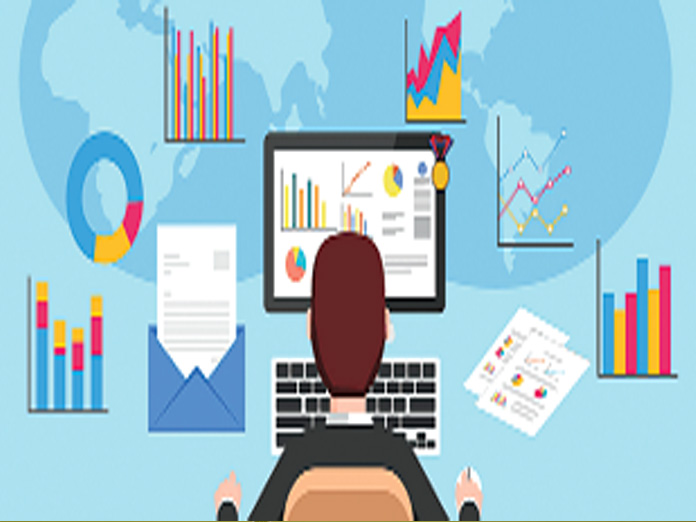Most of us have an idea about who a data scientist is, but we may still stay confused between a big data analyst and what are the skills required to be one. This ambiguity increases once these roles are mapped with the responsibilities and the skillset.
As a data analyst, your core responsibility includes working with data (medical records or retail purchase store) to find insights that are not relevant to the business side. Further on, these professionals create charts and reports to communicate their findings with higher management.
Ensure you have the required skills to become an expert professional in this domain: –
Skill #1: Programming
Traditional data analysts might be able to get away without being a full-time programmer, but a big data analyst needs to be well equipped with coding. Big data is still at its evolutionary phase and there is not many standards that have been set aside around large complex datasets a data analyst must deal with. There are a lot of customization that still needs to be done to deal with unstructured data. Programming languages a data analyst need to be equipped in includes R, Python, Java, Ruby, C++, Hive, SAS, SPSS, Julia, Weka, Scala. Gaining coding experience in a single programming language might not be of good help with newer job roles that are coming up in the competitive market.
At the entry-level, the candidate should be skilled enough to work with programming languages like Java, R, and Python. On getting newer projects you may be allowed to work with other tools and technologies likewise. The more programming language you’re equipped with the merrier it will be for your big data career.
Skill #2: Quantitative Skills
Being a big data analyst, programming skills will help you achieve your goal, but what do you need to do?
You must showcase expertise in your quantitative skills. For beginners, calculus, linear algebra, and matrix should be at your fingertips. Probability and statistics is an added advantage. Having these skills at your fingertips acts like a foundation in numerical analysis.
Skill #3: Data Warehousing
Expertise in a relational and non-relational database system is crucial for a big data analyst. You must be skilled in relational databases like Oracle, DB2, and MySQL. The non-relational database includes NoSQL, Cassandra, HBase, and Redis.
Skill #4: Multiple Technologies
Programming is no doubt an essential skill that a data analyst needs to learn. Besides this, having skills in multiple technologies will help you prosper in your big data career.
Technologies are not at all limited to programming. There are a wide range of technologies a data analyst professional needs to be familiar with – from hardware to software tools. For instance, SQL, R, MATLAB, SPSS, Cognos are equally important as Python, R, and Java.
However, technologies will vary based on the environment, company, and the kind of project you’ll be working upon.
The more technologies you’re familiar with more credible you will be.
Skill #5: Computational Frameworks
Exceptional understanding in computational frameworks such as Apache Storm, Apache Samza, Apache Spark, MapReduce, and Hadoop is essential for a big data analyst. These technologies come in use during big data processing.
Skill #6: Understanding Business
The big data and analytics field is useless if it cannot be applied to a business setting. Data analysts should have a broad understanding of the business and the domain they’re working in. Expert professionals in this field have the expertise of identifying business opportunities and threats if any.
Domain expertise gives them the advantage to deal with stakeholders and other business leaders.
Becoming a big data analyst requires mastery of the skills mentioned above. If you’re looking for a way to stay at the competitive edge, data analyst certification is a great option to start with.
Industries are buzzing about big data, earning a credible certification today simply means better job opportunities and a future proof career.




